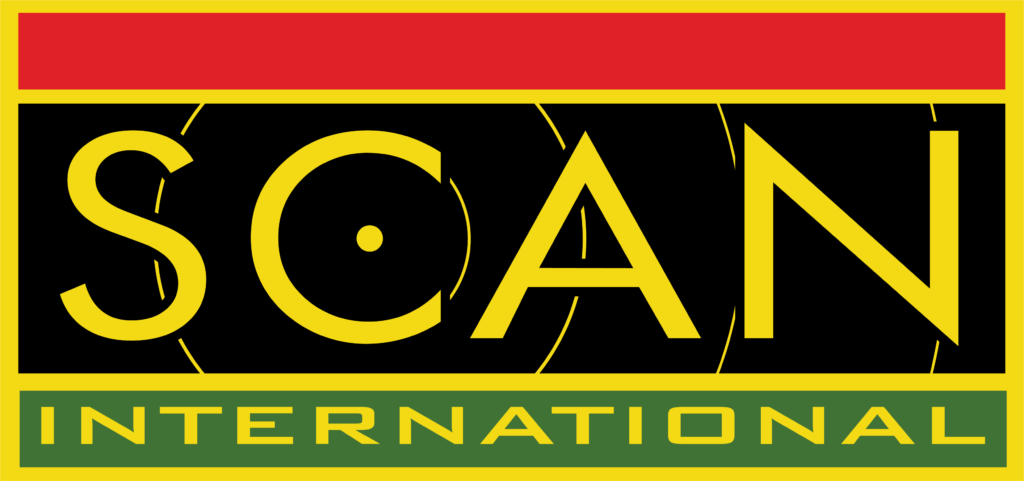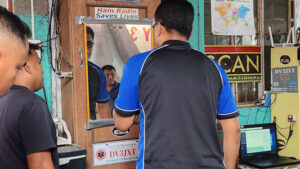⦿ SCAN International in the VoIP Era
Voice over Internet Protocol, or VoIP, is a reasonably current technology. VoIP, from the name itself, is simply a voice transmission over the Internet. VoIP was made more popular by the advent of high-bandwidth Internet connections and through the growth of affordable broadband Internet access. VocalTec Communications, an Israeli telecom equipment provider, released VoIP in February 1995. Since its inception, various software and applications (i.e., Skype, etc.) have been available to take advantage of VoIP developments.
The growth of VoIP also greatly influenced Amateur Radio communications. More and more amateur radio operators have developed programs and interfaces to put the Internet to work for long-distance communications aside from the use of ionosphere.
Among amateur radio developments influenced by the VoIP are the following:
iLink by Graeme Barnes, M0CSH
eQSO by Paul Davis, M0ZPD
IRLP by David Cameron, VE7LTD
Echolink, developed by Jonathan Taylor, K1RFD
Before VoIP's popularity, the Bulletin Board System (BBS) was the most stable connectivity medium, providing efficient communication across telephone lines. In the late 1980s, among the pioneering BBS that offered free services to the public in the Philippines was the Philippine FidoNet Exchange, a local network for communication between several BBSes in Metro Manila, operated by one of the pioneering members of SCAN International, Efren Tercias, DV1SET.
A few years after, along with the BBS popularity, SCAN International adopted an amateur radio packet modem and maintained a Bulletin Board System (BBS) called Wildcat BBS. The SCAN BBS is one of the networks during the dawn of internet gateways in the Philippines. Moreover, SCAN BBS is a pioneering node in the Philippines that uses wireless connectivity through packet radio. Hence, the organization has contributed significantly to the dawn of the Internet age in the Philippines.
SCAN International has also adopted one of the most popular VoIP systems today in the amateur radio world--the Echolink. To date, the group maintains four active Echolink Conference Servers Worldwide. In addition to these Conference Servers, many SCAN members support Echolink connectivity through iOS and Android Apps, single-user mode, simplex links, and repeaters.
Adopting different amateur modes of communication realizes the SCAN International club call-sign defining-title Enthusiasts of Various Modes (EVM).




